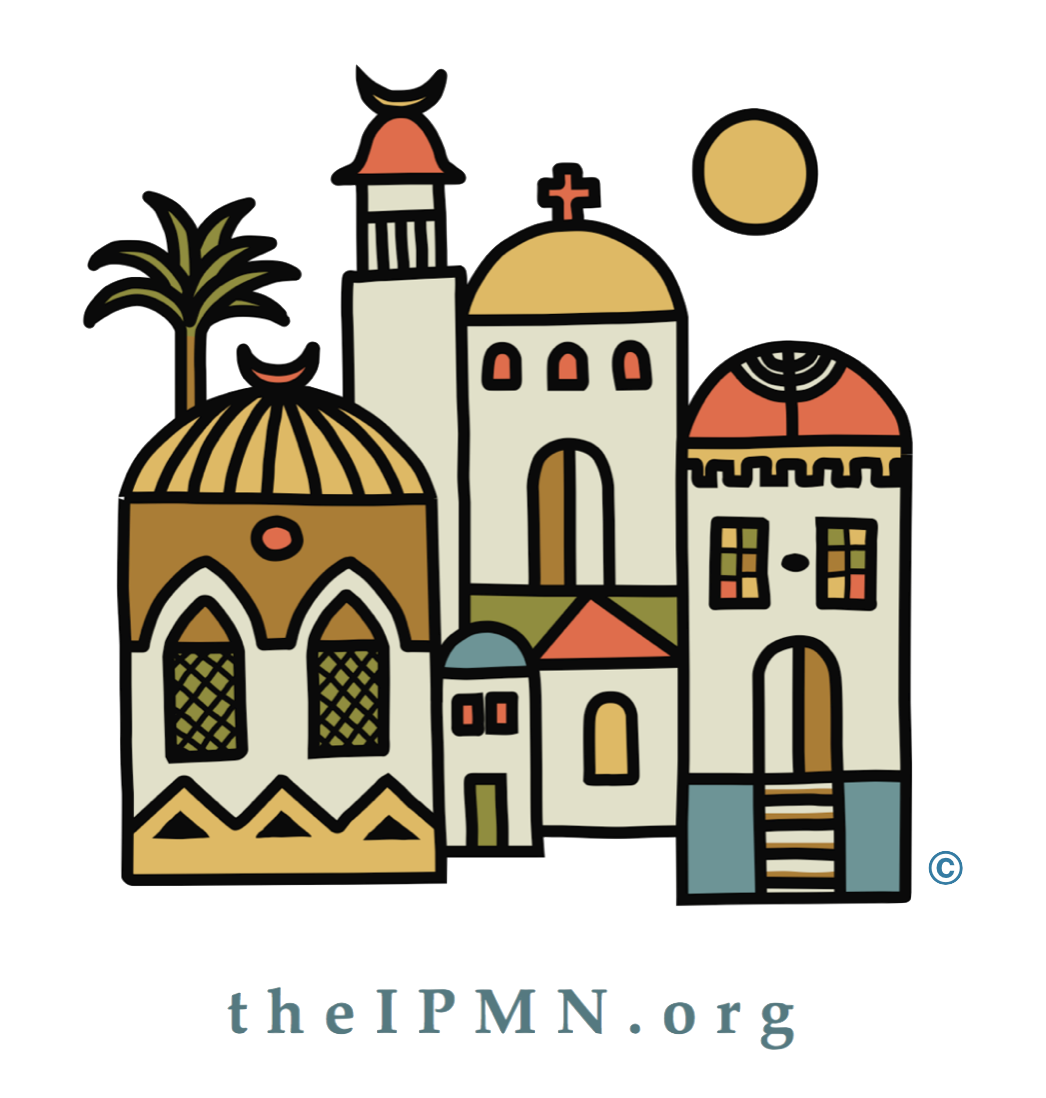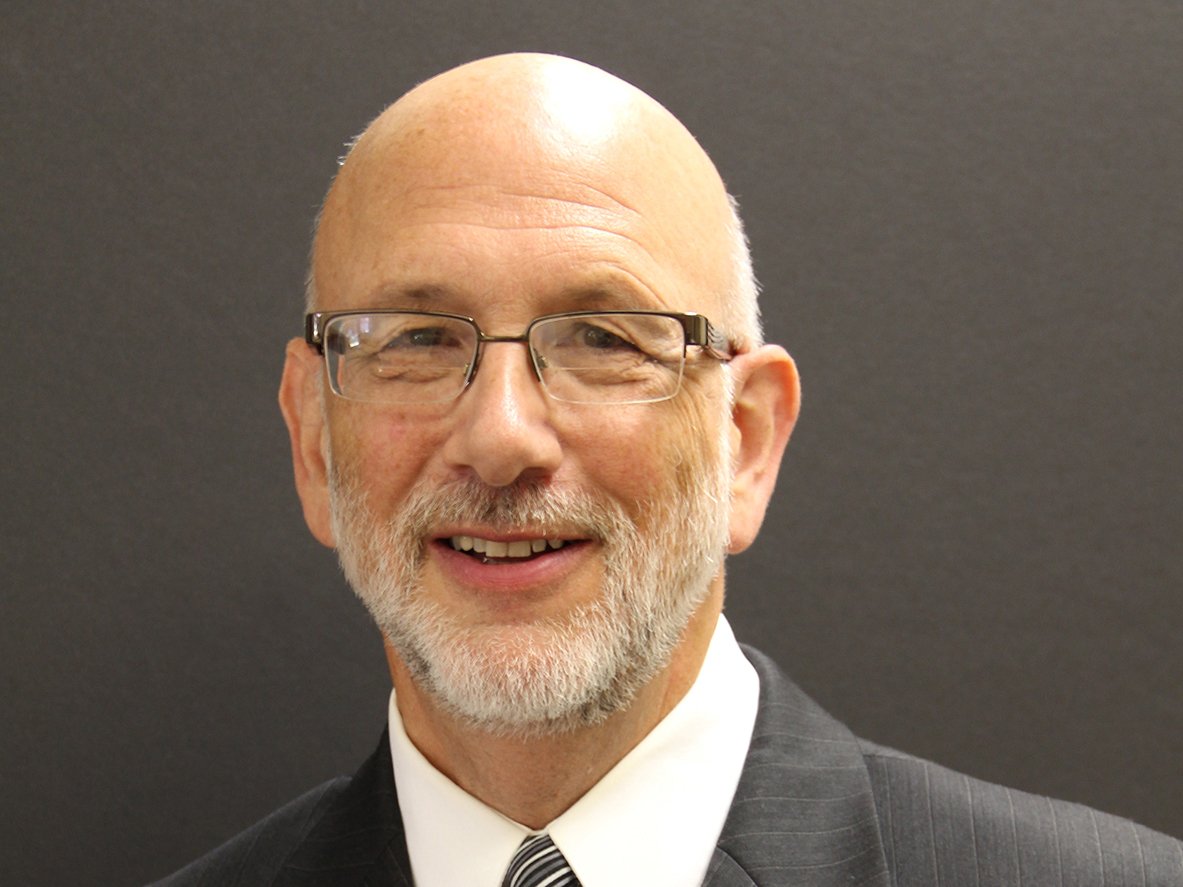Palestinians and East Jerusalem
Solidarity Delegation, Reflection #2
By, Rev. Dr. Rick Nutt
Friday, February 16, was the first day of meetings for our delegation to stand in solidarity with the suffering, and our focus was on threats posed by Israel to the people of East Jerusalem. What is happening is distressing.
Under the United Nations partition for Palestine in 1947, Jerusalem was to become a city under international control. However, at the creation of Israel in 1948 and the subsequent war, West Jerusalem came under the control of Israel; East Jerusalem, home to historic Muslim, Jewish, and Christian sites, came under the control of Jordan. Then, in the 1967 War, Israel occupied East Jerusalem, which is the situation that obtains today. The annexation of East Jerusalem into Israel that followed is, according to the United Nations and nation’s around the world, illegal, but it is a de facto reality today.
We should be clear about the geography of East Jerusalem. Rather than a small portion of land just to the east of the Old City, it is, in fact, a large crescent of land that rings the Old City from the north around to the south. A predominantly Palestinian area historically, the State of Israel and the municipality of Jerusalem today continue a long-standing, well-planned effort to clear the area of Palestinian Christians and Muslims.
We heard first from the Israeli Committee Against House Demolitions, a grassroots organization that engages in political activism and protests. Approximately 300,000 Palestinians live in East Jerusalem. Since 1947, about 50,000 homes of Palestinians have been demolished; we were told that there has been a 70% increase in demolitions since October 7, 2023. When a house is to be demolished, perhaps because of impossible building code violations or because the house was built without the required (very expensive) permit, the police usually come in the middle of the night and give the residents a few hours to vacate prior to the bulldozers’ arrival. For that reason, and to avoid the charge the family must pay to the government for the demolition, families sometimes destroy their own homes when they are notified it will happen. Imagine that pain, that trauma.
In addition, Israel claims and seizes land in East Jerusalem on which to build settlements. Further, it has declared much land next to Palestinian neighborhoods “green spaces,” land on which those neighborhoods cannot build and expand. Why those programs? It creates a well-planned and well-executed buffer of settlements and green space between the West Bank and West Jerusalem, as well as isolating Palestinian neighborhoods from one another.
This is to say nothing of the lack of services extended to Palestinians: inadequate schools, poor infrastructure (roads, interrupted water and electricity service), and periodic disruption of life through impromptu checkpoints (much more frequent since October 7).
Christian communities in the Old City are not exempt. We learned from an Armenian Christian and from a representative of the Greek Orthodox Patriarchate, of Israeli efforts to seize land within the Armenian and Christian Quarters. An Israeli project, which is now in the courts, would lease about one-fourth of the Armenian Quarter for building a luxury hotel. The Armenian community is enraged and fighting the project–and have come under attack by police and armed settlers for protecting the area from bulldozers. In the Christian Quarter there is an attempt to lease two former hotels just inside the Jaffa Gate and house settlers in them.
This blog is not long enough to portray adequately the attempts by the Israeli government to remove Palestinians from all of East Jerusalem or to make life so difficult that they will decide to leave–in short, to “Judaize” all of Jerusalem. By no means do all Israeli Jews approve of the program, but it proceeds nonetheless. It is of a piece with Israel’s policies to remove Palestinians from Israel-Palestine–the war on Gaza makes that clear. Since 1948 there has been an ongoing denial of human and civil rights that fly in the face of international law, specific United Nations resolutions against practices of Israel, and human decency.
What can we do? We can stay informed through organizations such as the Israel Palestine Mission Network, learn from Jewish human rights groups like B’Tselem, consult our General Assembly statements on Palestine (most recently Jerusalem 3, 2, 1 in 2022), support the work of Sabeel Ecumenical Theological Center, and write our representatives in Washington to call for a ceasefire in the Gaza War and an end to U.S. unquestioning support for Israel.
Prayer
God of all peoples and of all creation, we commend to your care the people of Israel-Palestine.
We pray for the displaced; we pray for the refugees; we pray for hostages; we pray for political prisoners; we pray innocent victims; and we pray for ourselves, that we may have our hearts broken open to do and say that which will promote peace and justice for all the world. In the name of our Palestinian savior, Amen.
A Palestinian neighborhood in East Jerusalem.
Rev. Dr. Rick Nutt
Rick Nutt is a professor emeritus at Muskingum University. He lives in Westerville, OH, a suburb of Columbus, with his wife Mary-Gene Boteler. Their travel in Palestine/Israel/Jordan and their hosting of international partners from Palestine have led to their advocacy for justice for Palestinians, as well as a meaningful peace in the region. During the last eight months they conducted a monthly study in preparation for a pilgrimage they were to lead in November 2023--a pilgrimage that was unfortunately cancelled. They welcome the opportunity to stand with friends, new and old, in the region reminding them that they are not alone.



